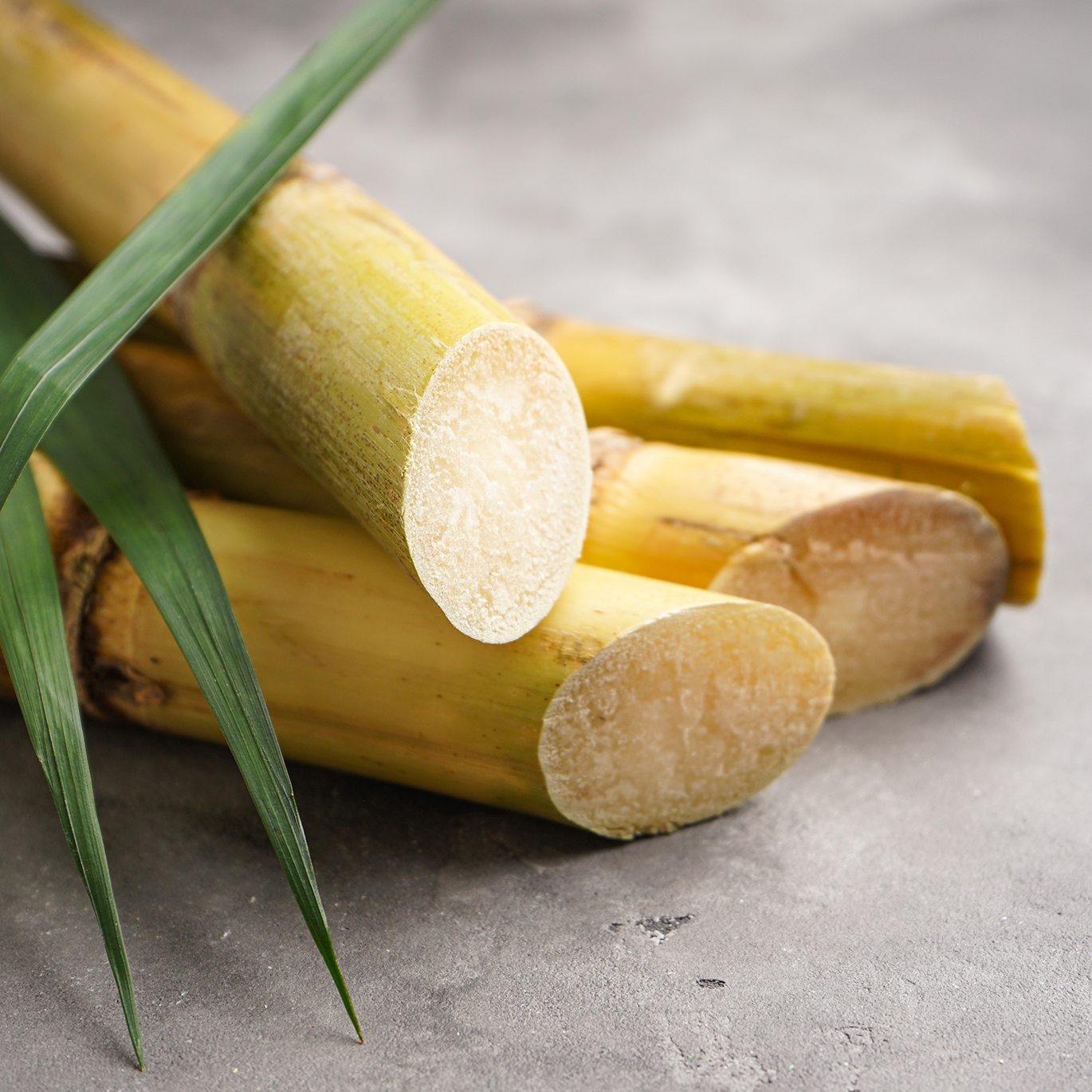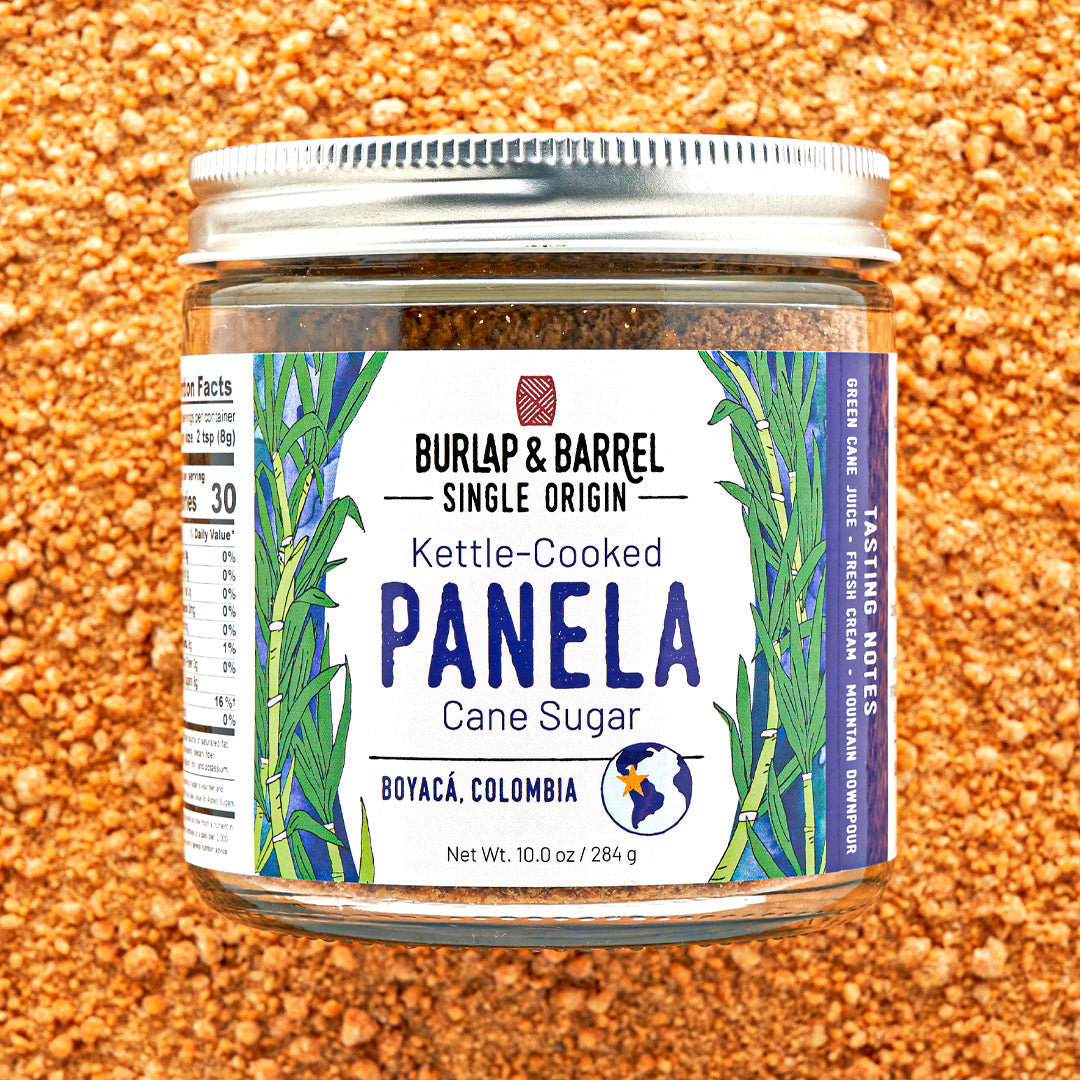Sugar and Cane: Exploring Their Role in Traditional and Modern Cuisine
Sugar and Cane: Exploring Their Role in Traditional and Modern Cuisine
Blog Article
Why Cane Sugar Processing Chemicals Are Crucial for Modern Sugar Refining
The function of cane sugar processing chemicals in modern sugar refining can not be overstated, as they are important to enhancing both the effectiveness of extraction and the total quality of the end product. Representatives such as phosphoric acid and specific flocculants are utilized to eliminate pollutants, resulting in sugar that not only meets consumer assumptions however additionally follows industry requirements. Nevertheless, the effects of these chemicals extend past top quality, discussing market dynamics and ecological factors to consider. This raises crucial inquiries about the sustainability of such practices and their effect on the future of sugar production.
Role of Handling Chemicals
The effectiveness of walking cane sugar processing pivots significantly on the critical application of processing chemicals. These chemicals play a pivotal role in improving the efficiency and quality of sugar removal and refining. From the initial stages of juice removal to the final purification actions, handling chemicals assist in various essential operations.
In the removal stage, chemicals such as phosphoric acid and calcium hydroxide are utilized to optimize the explanation process, aiding to remove pollutants and suspended solids from the walking stick juice. This not only boosts the yield yet additionally makes certain the quality of the end product. In addition, representatives like flocculants help in the quick settling of contaminations, thus enhancing the total process.
As the handling developments, chemicals are used in decolorization and formation phases. Turned on carbon and ion exchange resins serve to remove color and smell, guaranteeing that the polished sugar fulfills customer high quality standards. Inevitably, the function of processing chemicals prolongs past functional efficiency; they dramatically influence the sensory qualities of the end product, adding to market competition. Thus, the meticulous choice and application of these chemicals are important for accomplishing ideal end results in cane sugar handling.
Trick Kinds of Chemicals
Walking cane sugar processing counts on a range of crucial chemicals that promote each stage of manufacturing. These chemicals play necessary roles in clearing up, lightening, and purifying the sugar drawn out from cane.
One primary group of chemicals includes flocculants, such as polyacrylamide, which aid in the information procedure by promoting the aggregation and settling of pollutants. Furthermore, calcium hydroxide is often used to neutralize acidity and assist in the elimination of non-sugar components.
Bleaching agents, such as triggered carbon and sulfur dioxide, are used to decolorize the syrup, resulting in a more clear last item. These chemicals aid get rid of color compounds that may affect the sugar's look and bankability.
Additionally, phosphoric acid functions as a pH regulatory authority during the handling stages, making certain optimum conditions for the enzymatic activities entailed in sugar extraction and purification.
Other important representatives consist of edta (ethylenediaminetetraacetic acid), which chelates metal ions that can militarize unwanted responses, and salt hydroxide, which aids in pH control throughout the refining process. Collectively, these chemicals improve efficiency and make sure a top quality walking stick sugar item.
Advantages for Sugar Quality
Often forgotten, the usage of details handling chemicals considerably enhances the total high quality of walking stick sugar. These chemicals play a critical role in refining procedures, making sure that the read more final product fulfills stringent sector criteria for purity and taste.

Furthermore, processing chemicals assist in achieving a consistent granulation and structure, which are essential for customer approval. By managing the crystallization process, these chemicals guarantee that the sugar crystals form evenly, causing a much more attractive item that dissolves well in different applications.
In addition, the usage of these chemicals can boost the rack life of walking cane sugar by lessening wetness absorption and microbial growth. On the whole, the strategic application of handling chemicals is crucial for providing premium cane sugar that satisfies consumer assumptions and market demands.
Ecological Effect Considerations
In addition, the energy-intensive nature of sugar refining, worsened by chemical use, typically causes increased carbon emissions. This adds to climate change and raises worries pertaining to the sustainability of existing refining techniques. In addition, the sourcing of these chemicals might include techniques that endanger biodiversity, such as monoculture farming, which decreases the resilience of farming ecosystems.

To minimize these influences, sugar refiners are significantly discovering lasting choices and site embracing ideal methods that lessen chemical usage. Implementing strenuous ecological management systems can help make certain that the refining procedure aligns with ecological criteria and promotes biodiversity. Ultimately, a well balanced technique that prioritizes both sugar top quality and ecological stewardship is crucial for the long-lasting viability of the sugar sector.
Future Patterns in Refining
As the sugar industry faces the environmental obstacles related to conventional refining approaches, cutting-edge techniques are arising to improve both efficiency and sustainability. One considerable trend is the fostering of environment-friendly chemistry principles, which focus on using safe, naturally degradable processing chemicals. This change not only lessens environmental effect but additionally addresses consumer demand for cleaner manufacturing methods.
An additional promising growth is the application of innovative filtration modern technologies, such as membrane splitting up and adsorption processes. These methods boost the clarity and high quality of the sugar while reducing the quantity of wastewater generated throughout refining. In addition, the integration of digital modern technologies, including IoT and AI, is changing functional efficiency by enabling real-time surveillance and anticipating upkeep, thus lessening resource waste.
Additionally, the use of spin-offs from sugar refining, such as bagasse and molasses, is obtaining grip. These products can be exchanged biofuels or value-added products, contributing to a circular economic situation within the sector. Jointly, these trends signal a shift towards more sustainable methods that not just improve functional performance but likewise line up with international sustainability objectives, ensuring the future viability of sugar refining.
Verdict
Cane sugar processing chemicals are important in contemporary sugar refining, substantially improving the efficiency and quality of sugar extraction. The tactical use these chemicals not only improves the pureness and taste of the dig this last item however likewise guarantees consistent crystallization and structure. As the market progressively prioritizes sustainability, the adoption of environmentally-friendly handling agents is likely to form future fads in refining, inevitably causing better items and prolonged life span for customers.

Ultimately, a balanced technique that focuses on both sugar quality and environmental stewardship is essential for the long-lasting feasibility of the sugar sector.
Cane sugar handling chemicals are important in contemporary sugar refining, dramatically enhancing the efficiency and high quality of sugar removal.
Report this page